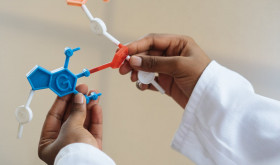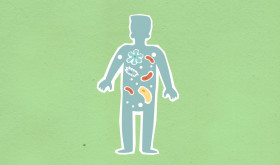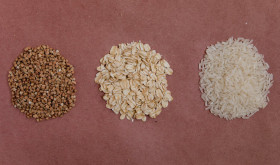
Colorectal cancer (CRC) is a significant global health challenge, with rising incidence rates worldwide. While genetics play a pivotal role in the risk of developing this disease, lifestyle factors are also crucially important. Understanding and implementing “Lifestyle Interventions in Reducing Colorectal Cancer” risk can provide a holistic approach to prevention. This comprehensive guide explores various lifestyle modifications that can significantly diminish the risk of developing colorectal cancer.
Dietary Modifications to Prevent Colorectal Cancer
Dietary Habits: A major factor influencing colorectal cancer risk is diet. A high intake of red and processed meats has been associated with an increased risk of colorectal cancer. These foods are often high in saturated fats and can contain carcinogenic compounds formed during processing or cooking. On the contrary, a diet rich in fruits, vegetables, and whole grains, which are high in fibre, vitamins, and minerals, can reduce the risk. Fibre, in particular, aids in maintaining a healthy digestive system, potentially reducing the chances of cancer development.
The Role of Physical Activity in Cancer Prevention
Physical Activity: Regular physical activity is another crucial lifestyle intervention. Exercise helps in maintaining a healthy body weight, reducing inflammation, and improving immune function. All these factors are instrumental in lowering the risk of colorectal cancer. It’s recommended that adults engage in at least 150 minutes of moderate-intensity or 75 minutes of high-intensity physical activity per week.
Weight Management and Colorectal Cancer Risk
Weight Management: Obesity is a well-known risk factor for colorectal cancer. Excess body fat can lead to increased levels of insulin and insulin-like growth factors, which may promote the development of cancer. Maintaining a healthy weight through a balanced diet and regular exercise is therefore essential in reducing colorectal cancer risk.
Impact of Alcohol and Smoking on CRC Risk
Alcohol and Smoking: Alcohol consumption and smoking are significant risk factors for colorectal cancer. Alcohol can damage the lining of the intestine and, along with the by-products of alcohol metabolism, can lead to cancer formation. Smoking introduces a host of carcinogens into the body that can affect not just the lungs but also the colon and rectum. Limiting alcohol consumption and quitting smoking are critical lifestyle interventions in reducing colorectal cancer risk.
Stress Management in Reducing Cancer Risk
Stress Management: Stress and its physiological impacts on the body can indirectly influence colorectal cancer risk. Chronic stress can affect the immune system and create an environment conducive to cancer development. Adopting stress-reduction techniques such as mindfulness, yoga, and adequate sleep can contribute to a holistic approach to reducing colorectal cancer risk.
The Importance of Regular Colorectal Cancer Screenings
Regular Screenings: While not a lifestyle intervention per se, regular screenings for colorectal cancer are crucial, especially for those at higher risk due to family history or genetic factors. Screenings can detect precancerous polyps, which can be removed before they turn into cancer. Early detection of colorectal cancer can significantly increase the chances of successful treatment.
In conclusion, “Lifestyle Interventions in Reducing Colorectal Cancer” risk encompass a holistic approach to health and well-being. A balanced diet, regular physical activity, weight management, avoiding harmful substances, stress management, and regular screenings form the cornerstone of this comprehensive strategy. By adopting these lifestyle changes, individuals can significantly reduce their risk of developing colorectal cancer, thereby enhancing their overall health and longevity.















